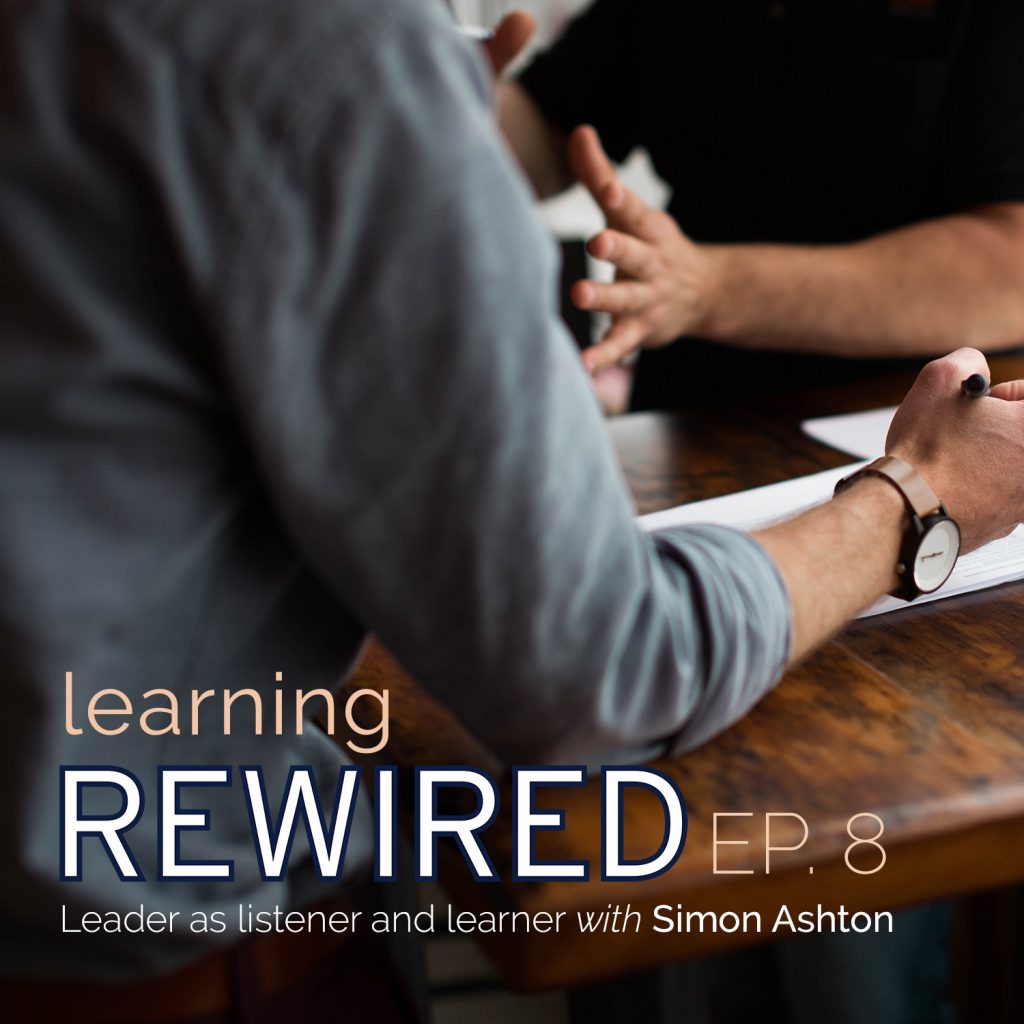Why leaders need to harness their humanity to survive
Our understanding of intelligence is changing. As we move into the age of Artificial Intelligence, machine learning and big data, organisations are under enormous pressure to re-skill and upskill in new ways.
In this new digitalised business paradigm, which forms of intelligence will carry the highest currency?
As IQ scores continue to lose their cache as a measure of good leadership, corporations need to find different metrics to make recruitment choices.
Moreover, evidence indicates that emotional, ‘human’ skills are becoming more critical in the workplace. Effective leaders need to be judged on more than a prestigious learning certificate or an impressive track record. As important is their Emotional Intelligence (EI)—the ability to connect with and inspire employees.
Why leaders should care about Emotional Intelligence
Even though EI has become a regular buzzword in HR and senior leadership circles, it remains an elusive concept to many working on the coal face. It’s mostly considered the domain of soft skills like sociability, empathy and likability. But, how do these attributes equate to harder skills, which are more commonly associated with successful leadership?
Business psychologist, trainer, facilitator and certified coach, Simon Ashton, points out that “leaders make an organisation. They impact on all the people. Therefore leaders need to understand the EI”.
He describes EI as “self-awareness and self-management and social awareness and social management”

But, organisations are suffering a disconnect between understanding what EI is and how it impacts practically in the workplace. Simon explains “we’re still looking at what can we produce, how intelligent is this human being? And I think that EI is one of those growth mindsets. You need to ask, how is it going to impact me? How does it make me better? It’s about communicating what EI actually is and how it is going to impact the leadership function.”
LISTEN TO OUR INTERVIEW WITH SIMON ASHTON ON THE LEARNING REWIRED PODCAST
EI isn’t pseudo-psychology; it’s neuroscience
In the same year the term EI was coined, functional magnetic resonance imaging (fMRI) was invented. Suddenly, scientists could peer inside the brain and watch the impact of our behaviour in action. Subsequent research has discovered EI is related to a range of benefits, from higher exam grades, improved health, wellbeing and increased productivity.
“What we know about artificial intelligence is that it can do the intelligence part: the analysing, the planning, the crunching of data,” says Simon. “Humans aren’t actually needed for that nowadays. The key role is about relating to other human beings, and I think that’s why this emphasis on EI is becoming more and more prominent.”
Business leaders seeking to future-proof themselves over the next decade will need to invest in being more human. This will give them a point of difference in an otherwise automated world.
The pivotal role of L&D in creating learning organisations
The road to fostering an emotionally intelligent organisational culture is never going to be straightforward. But much can be learned from the playbook of organisations like Google, who invest in learning about research into human behaviours to help them grow and develop.
L&D needs to become “more like performance consultants”, says Simon. Rather than saying “yes, we need to improve or develop, or put this training program in place. Actually, it needs to be more around, what’s the end goal? what are we trying to achieve in terms of outputs? And then ask, is it the training or maybe something else in the systems within the business?”
Secondly, the L&D function is too often treated as a nothing more than tick-boxing service. When you look at organisations like Google, they have an “L&D function interwoven into the fabric of the organisation” says Simon.
In a learning organisation, Simons suggests the L&D function will “consistently look at how do we improve? In every conversation we have, every system that we work through, every opportunity is an opportunity to get better. That’s a learning organisation, and L&D then can become a natural part of the business.”
ACCESS SIMON’S KEY TAKEAWAYS IN OUR FLASH INSIGHTS PODCAST EPISODE
Organisations need to encourage curiosity to foster a learner mindset
Trying to change an organisation’s culture is a difficult task. It requires a long term commitment to the learning process. But, you can begin to create a learning culture by taking small steps.

“If you’re a leader, you can start with your own pocket and turn it into a psychologically safe and learner-mindset team and change your own little world.”
What does this involve? Most people are under pressure to deliver their job and get results. However, a learner mindset, requires you to “allow people to do their own thinking” observes Simon.
Simply telling people what to do is not investing in a learner mindset. Instead, Simon believes you need to “allow people to have freedom, voice, the ability to answer their own problems and then guide them. If you ask really smart questions and you get the people to think for themselves, wow, the results are long term.”
Conclusion
As we navigate through the 4th industrial revolution, traditional notions of learning are rapidly shifting. Urged on by a changing workforce and new customers’ ideals, businesses are trying to respond to a range of pressures at speed.
In the face of growing automation, future leaders must embrace and nurture their human skills—collaboration, empathy and connection. These are essential in creating a safe space for voice, experimentation and curiosity to engender working cultures of discovery, rather than temporary resolutions.
Continue your learning with the Learning REWIRED podcast
